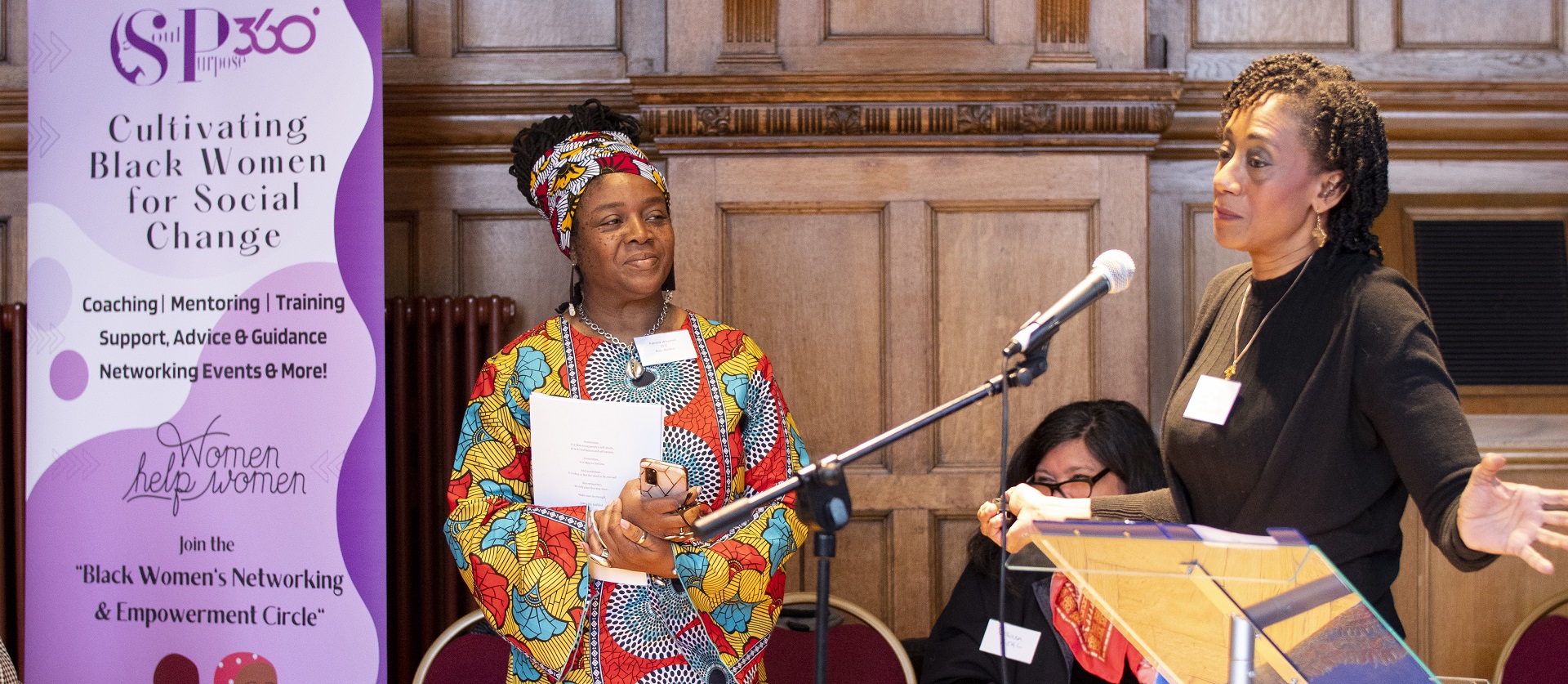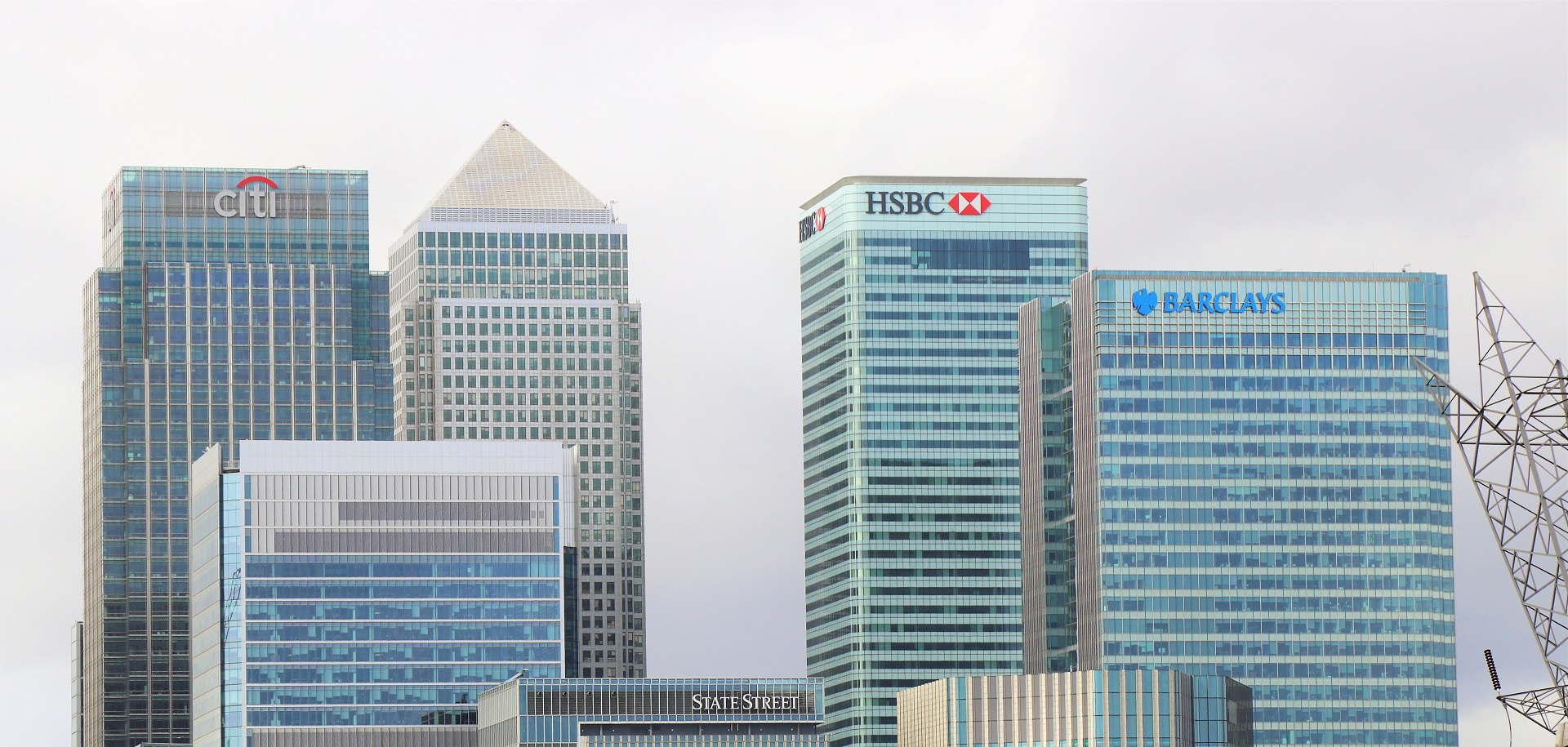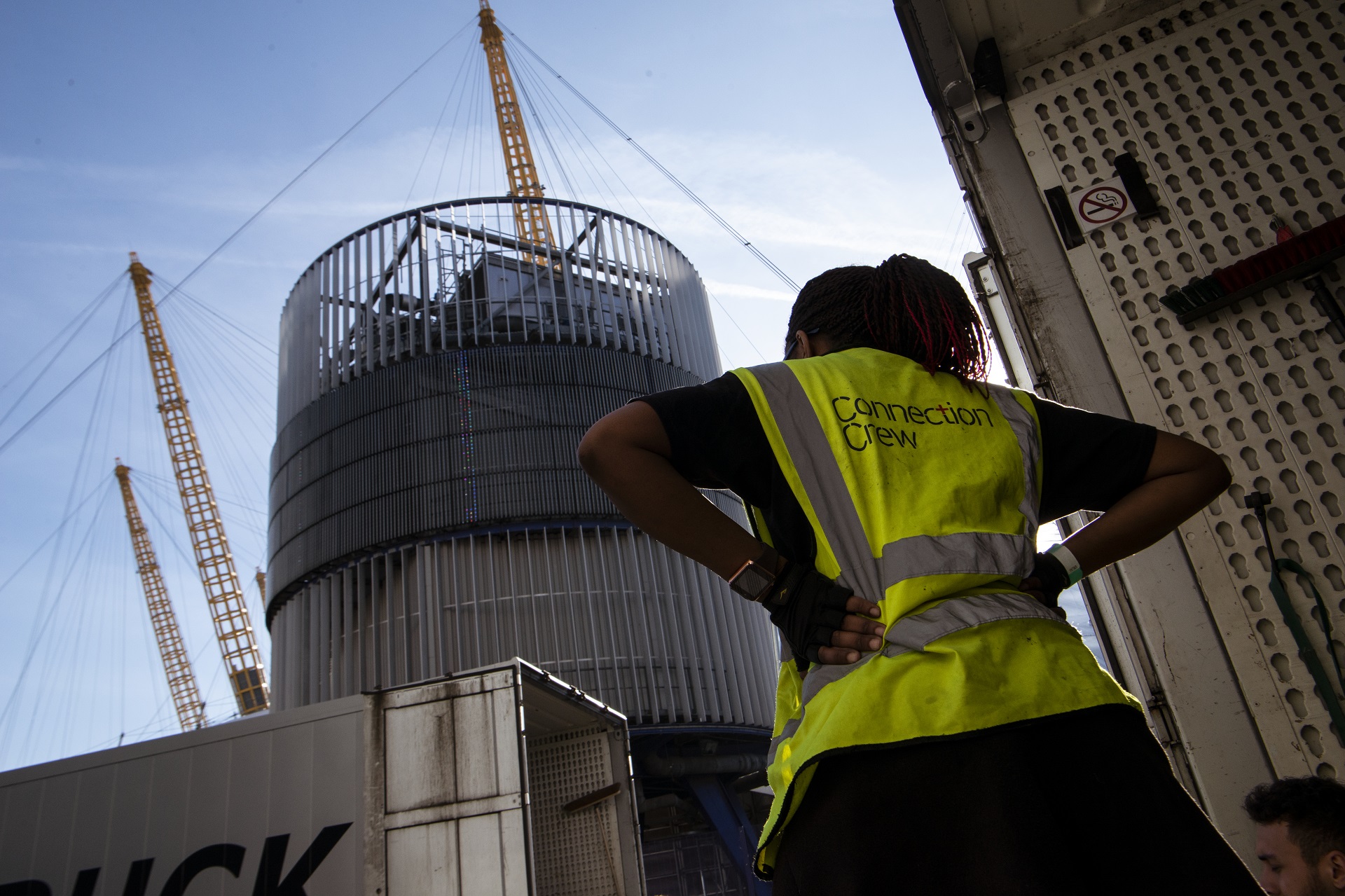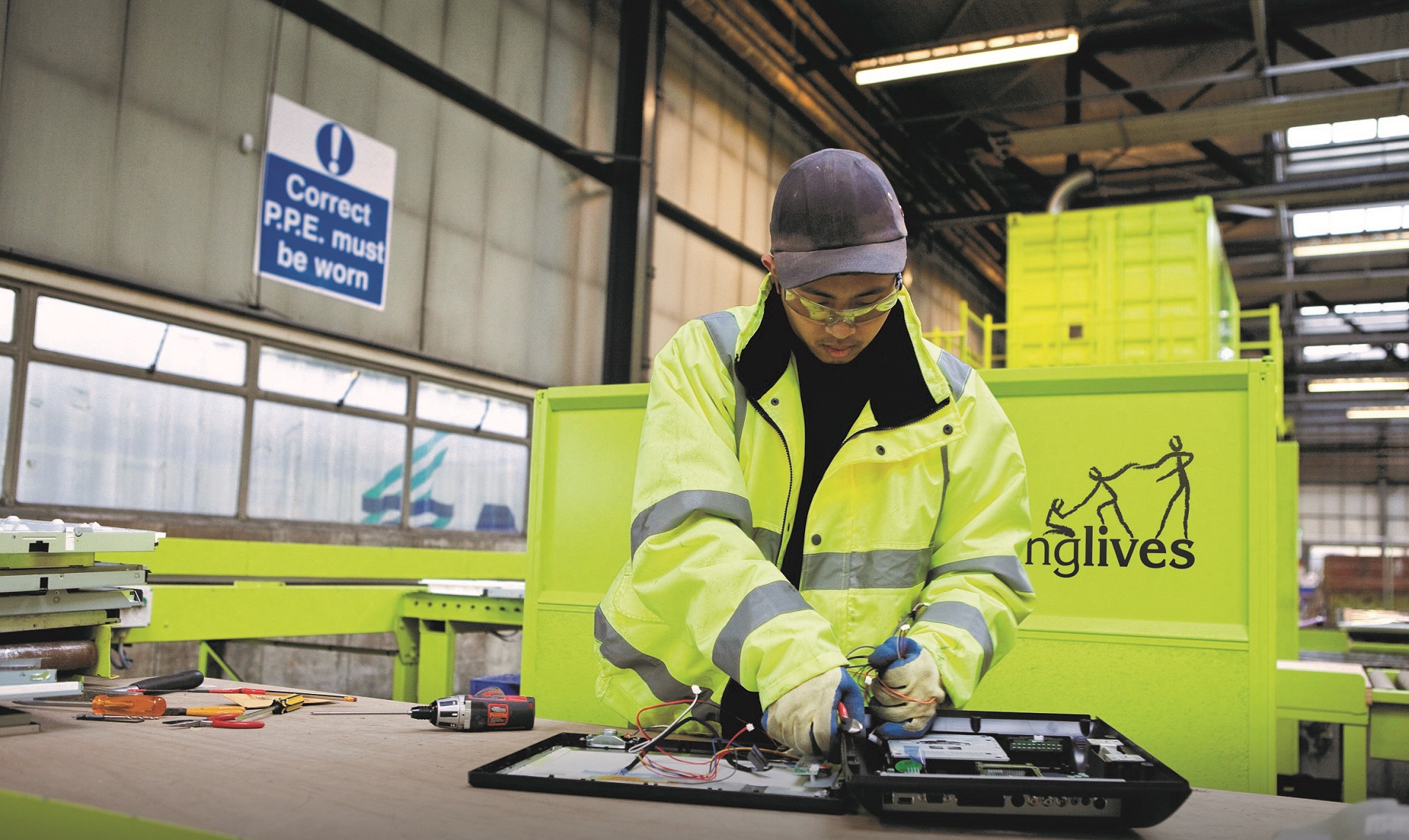
News
Social Enterprise UK responds to the Spring Budget
Responding to the Spring Budget, Peter Holbrook, Chief Executive of Social Enterprise UK, said: Today, the Government has shown a more nuanced view on how fiscal policy can encourage investment and shape better business behaviours, that goes beyond corporate tax cuts. However, many social enterprises continue to work in a difficult economic environment. SEUK will continue to lobby Government for more support to deal with inflation and to be the voice for social enterprises which have an important role to play in building a stronger national economy.
1 min







